Recent U.S. findings are showing similar results to other international research that confirms that “China is the single largest source” for counterfeit goods.
U.S. federal auditors have just released a study on “Intellectual Property: Observations on Efforts to Quantify the Economic Effects of Counterfeit and Pirated Goods.” The 41-page document from the Government Accountability Office (GAO) stated that the actual financial losses, jobs lost, and economic impact associated with piracy and counterfeiting is challenging to quantify.
There were some conclusive findings, according to the U.S. Customs and Border Patrol, which found that “seized counterfeit goods are dominated by products from China. During fiscal years 2004 through 2009, China accounted for 77 percent of the aggregate value of goods seized in the United States.” The closest competitor to that statistic, Hong Kong, a special administrative region of China, accounted for 7 percent. India ranked third, accounting for just 2 percent. This research reflects a similar conclusion to the one reached by the Organization for Economic Cooperation and Development, an intergovernmental group based in Paris that also considered China the No. 1 offender when it came to counterfeit products.
However, it seems the global financial crises appears to have reached an all time high in pirated software from Microsoft Corp. and Symantec Corp., according to a study from Business Software Alliance and International Data Corp. (IDC).
Bilateral talks between U.S officials and the Chinese tend to always engage in the issue of piracy. The black market for counterfeit DVDs, software, and luxury items such as golf clubs appear rampant and operates in broad daylight. At times there are even movies being sold that haven’t reached cinemas.
Software Piracy
Business Software Alliance and IDC’s report indicates that personal computer sales have dwindled, combined with consumer education and enforcement efforts, which had a spillover effect of a drop in software piracy in 54 of 111 countries. However the growth of PC sales in China, India, and Brazil spurred global piracy to rocket to 43 percent of all installed software, up 2 percentage points from 2008. The rate is equivalent to a value of $51.4 billion in goods, when the volatility of exchanges rates are factored, it seems this amount is relatively unchanged from a year earlier.
Software piracy “continues to have significant repercussions on both the global economy and national economies,” Robert Holleyman, chief executive officer of the software trade group, said in an interview with Bloomberg. Unlicensed software allows “companies in high piracy markets to compete unfairly against companies in low piracy markets like the United States that are paying for their software.”
The headache for software manufacturers remains concentrated in China, with an estimated 80 percent of Chinese computer users are supposedly using pirated copies of Microsoft Windows. Ironically, Microsoft was banned from selling all its PC operating systems in China. The centrally controlled Beijing’s No.1 Intermediate People’s Court ruled against the U.S.-based company last December because it violated copyright restrictions regarding a particular character font. The case is currently in appeals.
Pirated Apple Hardware
After launching its tablet PC iPad recently, Apple Inc. would have also discovered its latest innovation on the online and traditional retailers in mainland China. Apple’s initial hurdle was to ensure that supply met demand in the United States, which subsequently delayed the IPad’s international debut. However, it seems consumers who were in the market for counterfeit versions of the latest technology could easily locate such products on the border of Hong Kong in Shenzhen, the southern Chinese city infamous for peddling counterfeit products.
“China is basically a market that has the ability to clone everything, so it’s really not surprising,” said Edward Yu, chief executive of Beijing-based researcher Analysys International in an interview Reuters.
Life-Threatening Knockoffs
From knockoff medications to pet foods, China has been the culprit behind many scandals, wherever the toxic products have reached causing injuries and death to humans and pets. Given that the results have been so detrimental, accountability has been a gaping shortfall. Recently in the U.K., more than 1,500 customers will be sharing compensation of $29 million (20 million pounds) from toxic sofas manufactured in China that contained the antifungal chemical DMF—dimethyl fumarate, banned by the European Union—which prevented the furniture from molding. Many victims from infants to the elderly suffered serious burns, eye problems, and breathing issues. Around 100,000 such leather ensembles were sold in Britain.
Moreover, after unsuccessful appeals in China, eight parents of children sickened by melamine-tainted milk manufactured by China’s Sanlu Group went to Hong Kong where they filed the first case against Sanlu overseas.
According to attorney Peng, Sanlu had filed for bankruptcy and was not liable for compensation. Recently they found that Sanlu’s second largest shareholder, the New Zealand-based Fonterra Group, is registered in Hong Kong, and they decided to take their case to Hong Kong.
Melamine-laced milk powder has been one of the biggest and most tragic toxic food scandals in China to date. Melamine is an industrial chemical that makes milk appear to have higher protein content. The milk powder was sold widely in China and caused tens of thousands of children to fall ill with kidney-related problems.
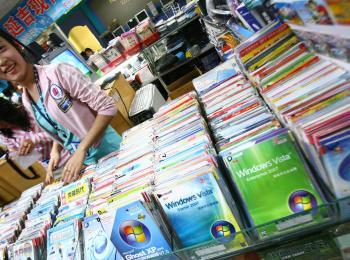
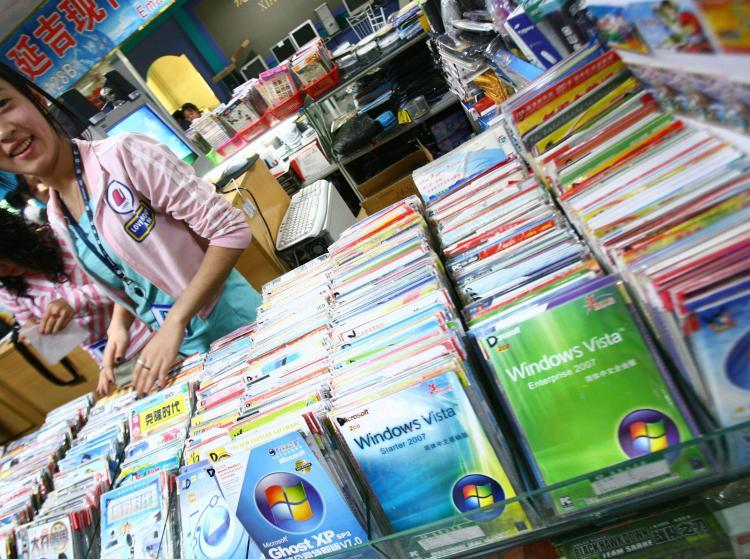
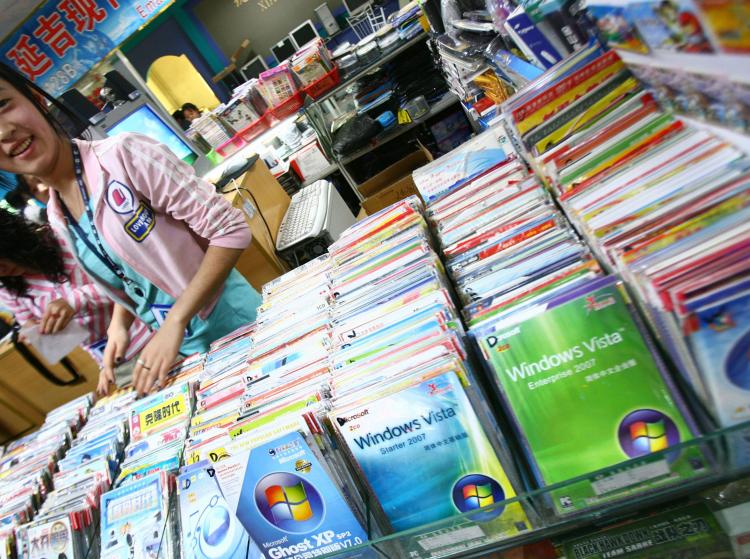

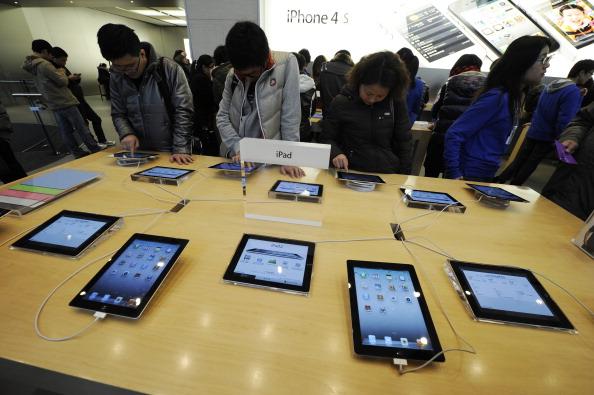
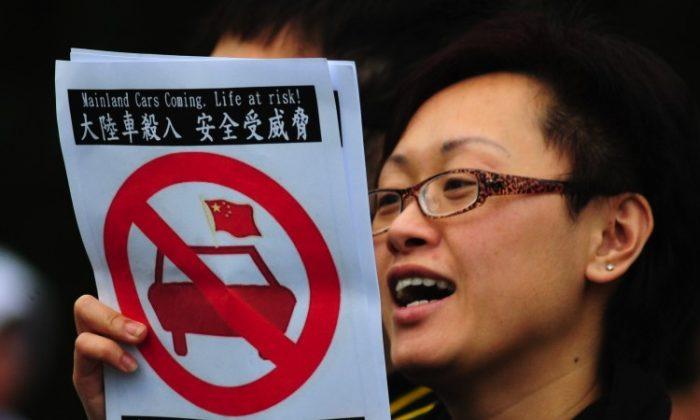
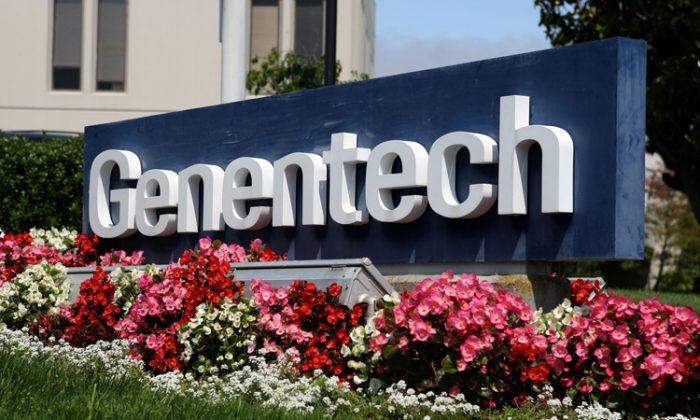
Friends Read Free